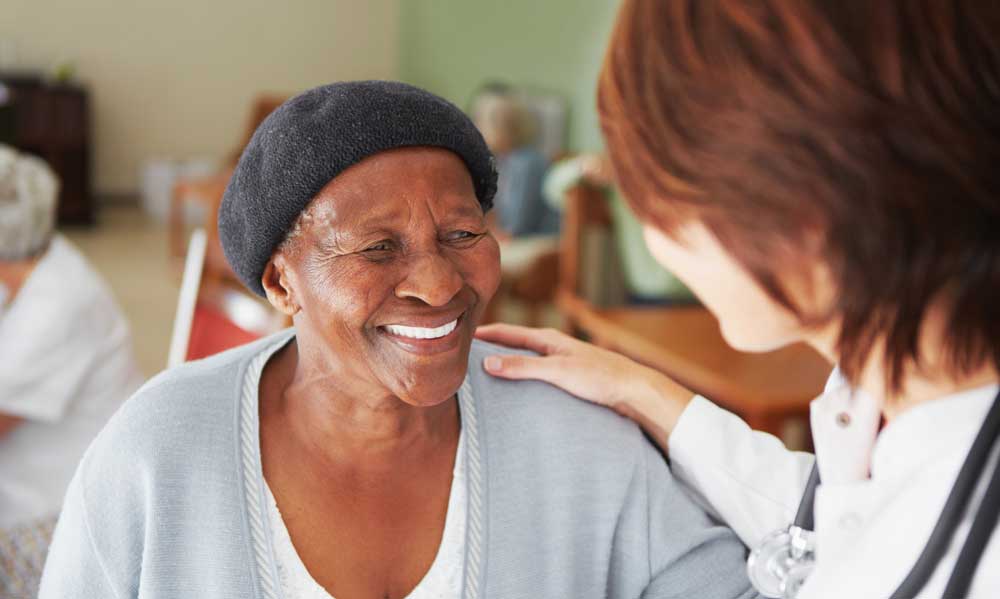Why Study Gerontology?
Populations around the world are aging. This means that people are living longer, and the number of older people is increasing. These trends are evident in American society and in many countries worldwide.
In the US:
- In 2010, 13% of the total population (more than 40 million people) was over 65.
- By 2030, 19% of the total population (more than seventy-two million people) will be over the age of 65
In Tennessee:
- In 2010, 13.4% of the population was aged 65 or older.
- By 2030, 19.2% of the population (more than 1 million people) will be over 65.
These growth trends will drive demand for professionals with knowledge and expertise in aging. Expanded career opportunities in gerontology are forecasted in many disciplines and professions.
A Stimulating, Challenging Field
Diversity in aging exists, in part, because older people are very different from each other in many ways. As we age, our experiences, needs, resources, and abilities vary according to factors such as gender, race, ethnicity, and economic status.
For example, many older people today are very healthy and active and wish to remain actively engaged. Professionals working with these older people might provide educational opportunities, volunteer activities, or recreation and leisure programs.
Some older people are frail and less active. Jobs related to these more vulnerable elders might be in long-term care, other healthcare settings, or agencies that deliver services to older people.
Other older adults may experience mental health problems. Many of these problems, such as depression, anxiety, and substance abuse, are very treatable. There is also a growing number of individuals with Alzheimer’s Disease and other forms of dementia. Gerontological professionals often work in inpatient settings and outpatient clinics to provide treatment, counseling, and support to these individuals and their family members.
The field’s relative newness offers opportunities for innovative ideas, new programs, and products. Many people have started their own businesses, such as coordinating home health care, consulting with companies and corporations on developing services, or designing products to attract older consumers.

Making a Difference
People working in aging report great satisfaction in addressing the challenges of those who are growing older. They help maintain quality of life, enjoy older people’s wit, wisdom, and creativity, and strengthen families as they care for their older members.
Certificate Requirements
Requirements (15 credit hours total):
Courses (9 credit hours)
- SOWK 555 (3)
- SOWK 566 (3)
- SOWK 572 (3)
- Other MSSW or graduate elective as approved by the Gerontology Certificate Chair (3)
Field Component – at least six (6) credit hours in a generalist or concentration MSSW field placement where student learning plans will include assignments related to gerontology. Non-MSSW students: 6 credit hours of SOWK 593 – Independent Study, focused on working with or on behalf of older adults.
